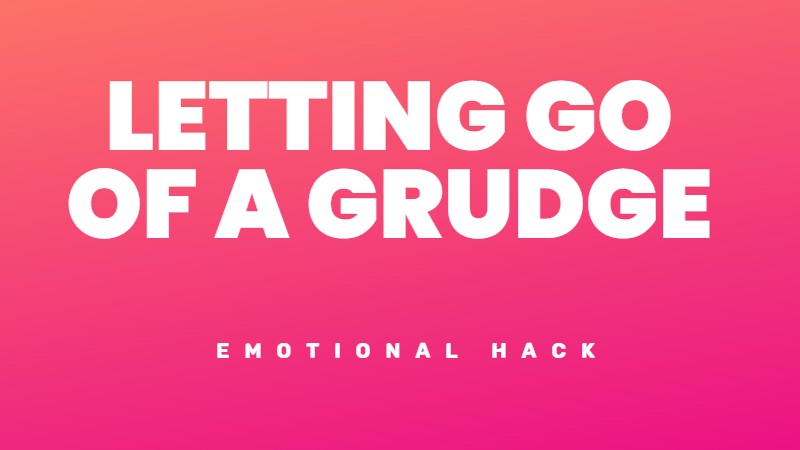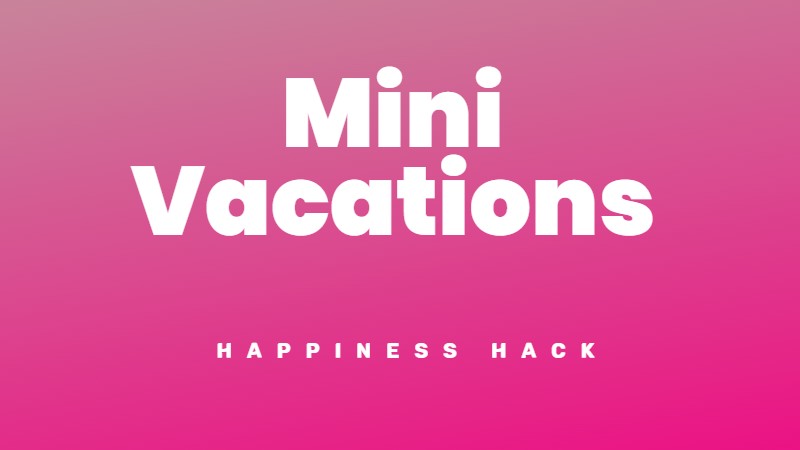My father taught me to finish what I started, and I took this lesson seriously for school projects and personal goals. It worked well through college, my career and into my forties. But somewhere along the way, this rule turned toxic. I found myself finishing books I hated, watching TV shows long after they stopped being interesting, and sticking with hobbies that brought me zero joy only because I couldn’t bear to quit.
Sometimes, quitting is the smartest move you’ll ever make.
When to give up on your goals
We’ve all been told to persevere. “If at first you don’t succeed, try again” is drilled into us from childhood. Sticking with goals often leads to success, but what happens when those goals no longer serve us?
Research shows that holding onto meaningless goals damages your mental health. When you stick with activities out of guilt or obligation rather than genuine interest, you experience:
Dr. Anne Holding, who studies goal pursuit and motivation, calls this struggle an “action crisis”. That uncomfortable moment when a goal seems impossible or not worth the effort anymore.
“The only reason I continue is because I started.”
The science of smart quitting
Studies consistently show that we succeed at goals we find personally meaningful. When we chase goals for external rewards, money, praise or other’s expectations, we often fail or feel miserable even when we succeed.
This applies to everything from relationships to diet changes to career choices. Internal motivation powers success and satisfaction, but external motivation leads to struggle and often abandonment.
What’s fascinating is that the same principle applies to quitting. When you decide to let go of a goal for personal, autonomous reasons rather than worrying about what others might think, the transition becomes much easier.
Make a “Not-to-do” list
Instead of making more to-do lists, try creating a not-to-do list:
How to make your “Not-to-do” list
Why this matters
You can’t do everything. Your time and energy are limited resources. When you spend them on goals that no longer serve you, you take them away from things that could bring genuine fulfilment.
We normalize “leaning in” and “pushing through,” but sometimes the wisest move is to step back and walk away.
Give yourself permission to put down that metaphorical 1,000-page book you’re not enjoying and pick up something that brings you joy.
Sometimes, quitting is the most productive thing you can do.
How to quit your goals
Sagens kerne
My bookshelf holds seven half-read books I’ll never finish. My closet contains a guitar I no longer strum. And I’m happier than ever.
I spent 40 years believing quitting meant failure. Now I know better. Quitting the wrong things means freedom to focus on the right ones.
Dr. Anne Holding’s research proves what I learned the hard way. Staying committed to goals that no longer serve you damages your mental health. The stress hormone levels rise. Depression symptoms increase. Life satisfaction plummets.
You already know which activities drain your energy without adding value. The book you force yourself to read each night. The friend who exhausts you. The hobby you started with enthusiasm but now dread.
See that book you’ve been trudging through for months? Close it forever!
The best quitters don’t quit everything. They quit strategically. They drop low-value commitments to make room for what truly matters. Your time belongs to you. Stop giving it away to obligations you created in the past.
Start quitting and start living.




Giv feedback om dette